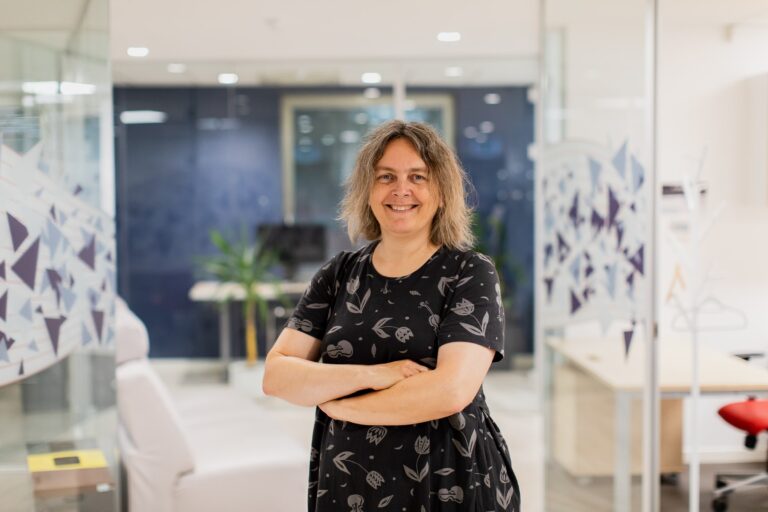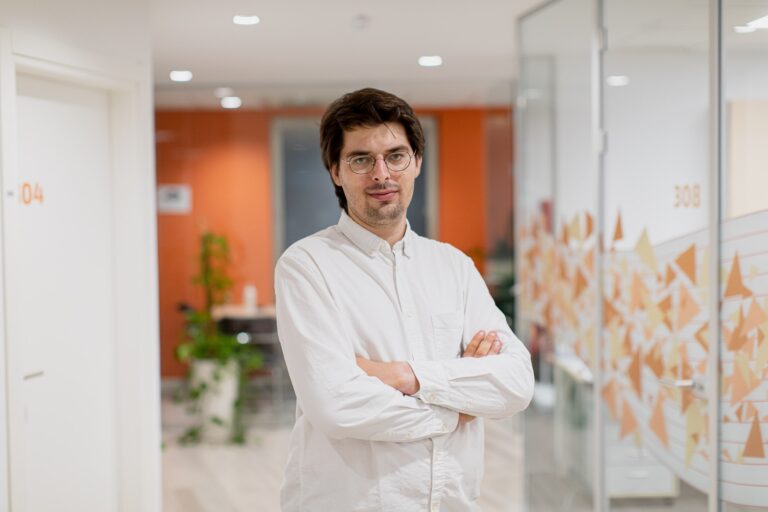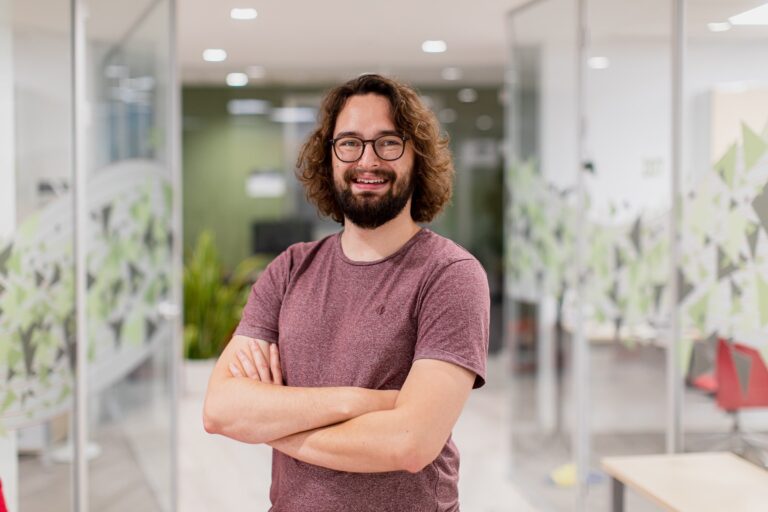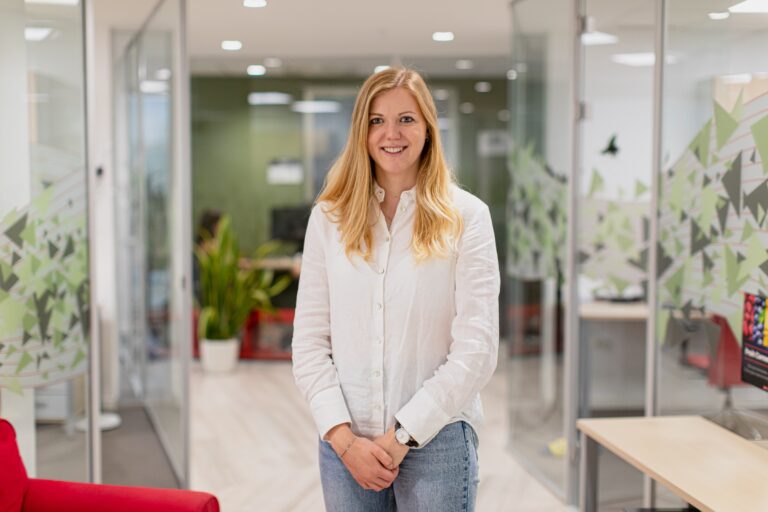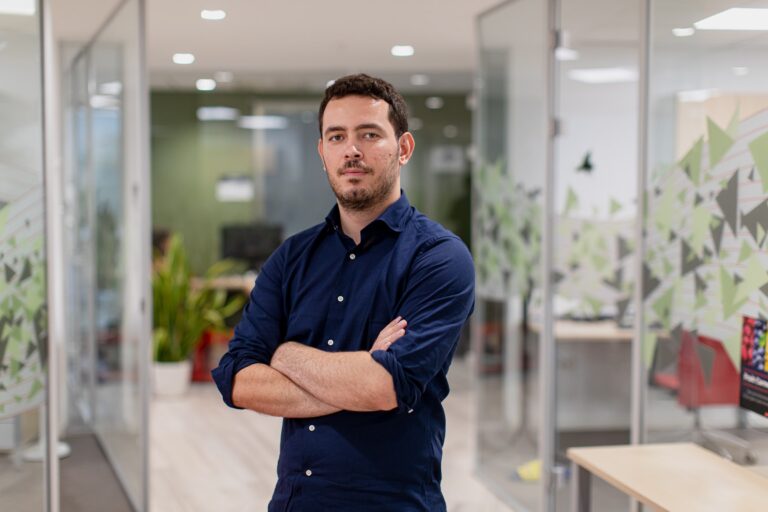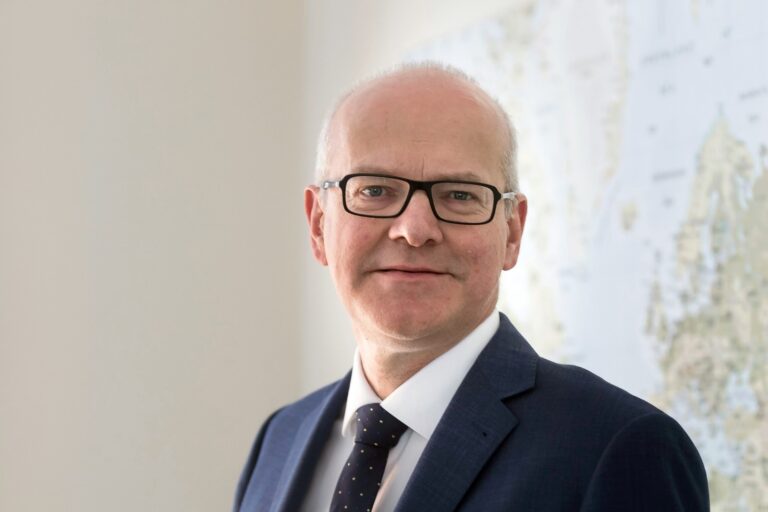Benificiaries & Partners
Beneficiaries














Aarhus University
Project: Robust optimization for anatomical variations
As the only facility in Denmark, the Danish Centre for Particle Therapy (DCPT) integrates proton therapy for Danish cancer patients and a comprehensive international research centre. The national centre is located at Aarhus University Hospital and started patient treatment in January 2019.

University Medical Center Groningen (UMCG)
Project: Advanced use of Magnetic Resonance Imaging in Adaptive Intensity Modulated Proton Therapy
Project: Proton Radiography for real-time Intensity Modulated Proton Therapy plan adaptation
The UMCG is one of the largest academic hospitals in the Netherlands and the first to offer proton therapy. Innovative cancer treatment is one of our key research areas. In the field of Radiation Oncology we focus on high precision, innovation and healthy ageing of cancer survivors.

Cosylab d.d.
Project: Automated and fast machine and delivery log-file based QA
Cosylab (Cosylab Control System Laboratory d.d.) is a global technology company that builds and integrates state-of-the-art software and electronics for the world’s most complex, precise and advanced systems. It enables research organizations to discover scientific breakthroughs, hospitals to deliver better cancer treatment and organizations to improve their performance.

GSI Helmholtzzentrum für Schwerionenforschung GmbH
Project: Real-time 4D-dose calculation to assess the efficacy of motion mitigation strategies
GSI Helmholtzzentrum für Schwerionenforschung operates unique accelerators for heavy ions. Researchers from around the world use this facility for experiments that help them make fascinating discoveries in basic research. In addition, they continuously develop new applications in Medicine and Technology.

Ludwig-Maximilians Universitat Muenchen
Project: Dose quantification from PG imaging for adaptive planning
LMU is a leading teaching and research university, featuring one of the largest Physics Faculties in Germany. The proposed project will be carried out at the Department of Medical Physics in the Faculty of Physics of LMU, which roughly amounts to 65 members and offers a dynamic, multi-disciplinary and international environment working on various core-topics of ion beam therapy, with emphasis on image guidance and in-vivo range verification.

Medizinische Universitat Wien
Project: Development of an end-to-end test workflow for all RAPTOR real-time adaptive PT components
The Medical University of Vienna is one of the oldest medical training and research institutes in Europe. The Department of Radiation Oncology is embedded in the Universities’ focal research areas of oncology and cancer research as well as medical imaging.

MedPhoton
Project: CBCT enhancement strategies for adaptive ion beam therapy
MedPhoton, a Salzburg based company founded in 2012 as spin-off from radART institute of Paracelsus Medical University and the University Clinic for Radiotherapy and Radio-Oncology, develops & manufactures robotic imaging solutions for image guided radiation therapy & navigated surgery.”

OncoRay
Project: Towards automated prompt-gamma treatment verification: Identification and classification of clinically relevant deviations
The vision of OncoRay is to significantly improve the treatment of cancer by biologically personalized and technologically optimized radiation therapy. About 80 scientists cooperate in cross-disciplinary research groups in medicine, physics, biology and data science.

Paul Scherrer Institut
Project: Dose accumulation and uncertainty estimation
Project: Plan approval for daily plan adaptation
The Center for Proton Therapy CPT at the Paul Scherrer Institute PSI is the world leader in the development and clinical implementation of Pencil Beam Scanning (PBS) and lntensity Modulated Proton Therapy (IMPT), both of which have been pioneered at the PSI.

Politecnico Di Milano
Project: 4D MR Imaging and motion modelling techniques for adaptive proton therapy
The CartCas group of the Bioengineering Division of the Department of Electronics, Information and Bioengineering (DEIB) of the Politecnico di Milano works on the development of technologies and methods for computer-assisted technologies with application in high-precision radiation oncology.

RaySearch Laboratories
Project: Robust optimization considering uncertainties in the frame of proton adaptive radiation therapy
RaySearch is a medical technology company that develops innovative software solutions to improve cancer care. We are a committed pioneer. Our systems use groundbreaking automation and machine learning to create new possibilities for care and to increase efficiency for our customers and partners.

Project: Optimizing the Plan of the Day
The UvA is a research-intensive university where top-quality research takes place across the full range of our disciplines. We stand for cutting-edge research that builds knowledge while seeking to understand and find solutions to complex issues facing society.

Univerza v Ljubljani - FMF
Project: Automated segmentation and contour propagation
The Faculty of Mathematics and Physics at the University of Ljubljana is home to the Department of Physics and Department of Mathematics. Researchers of the faculty play a leading role in major international scientific collaborations, e.g. the Belle collaboration for research in the physics of elementary particles in Tsukubi, Japan, the Large Hadron Collider in Cern, Switzerland and the Thomas Jefferson National Accelerator Facility in Newport News, Virginia, USA.
Partners




















The Steering Committee

Mark Pleško
Cosylab, Slovenia

Robert Jeraj
University of Ljubljana, Slovenia

Thomas Bortfeld
Massachusetts General Hospital, USA







